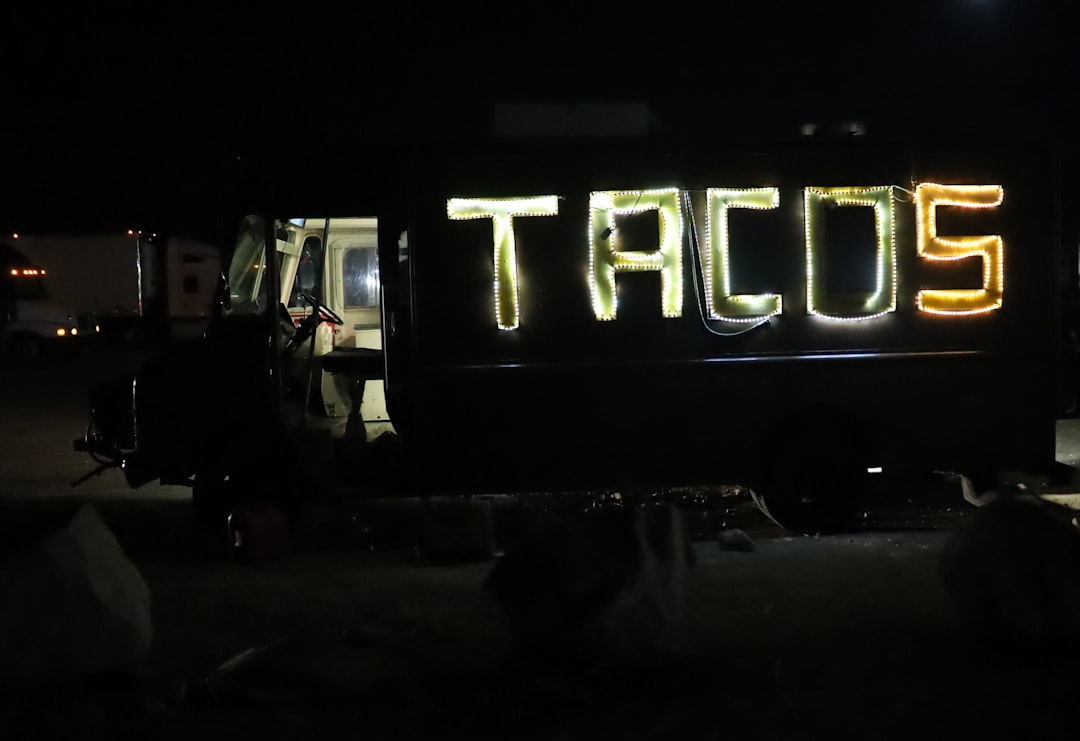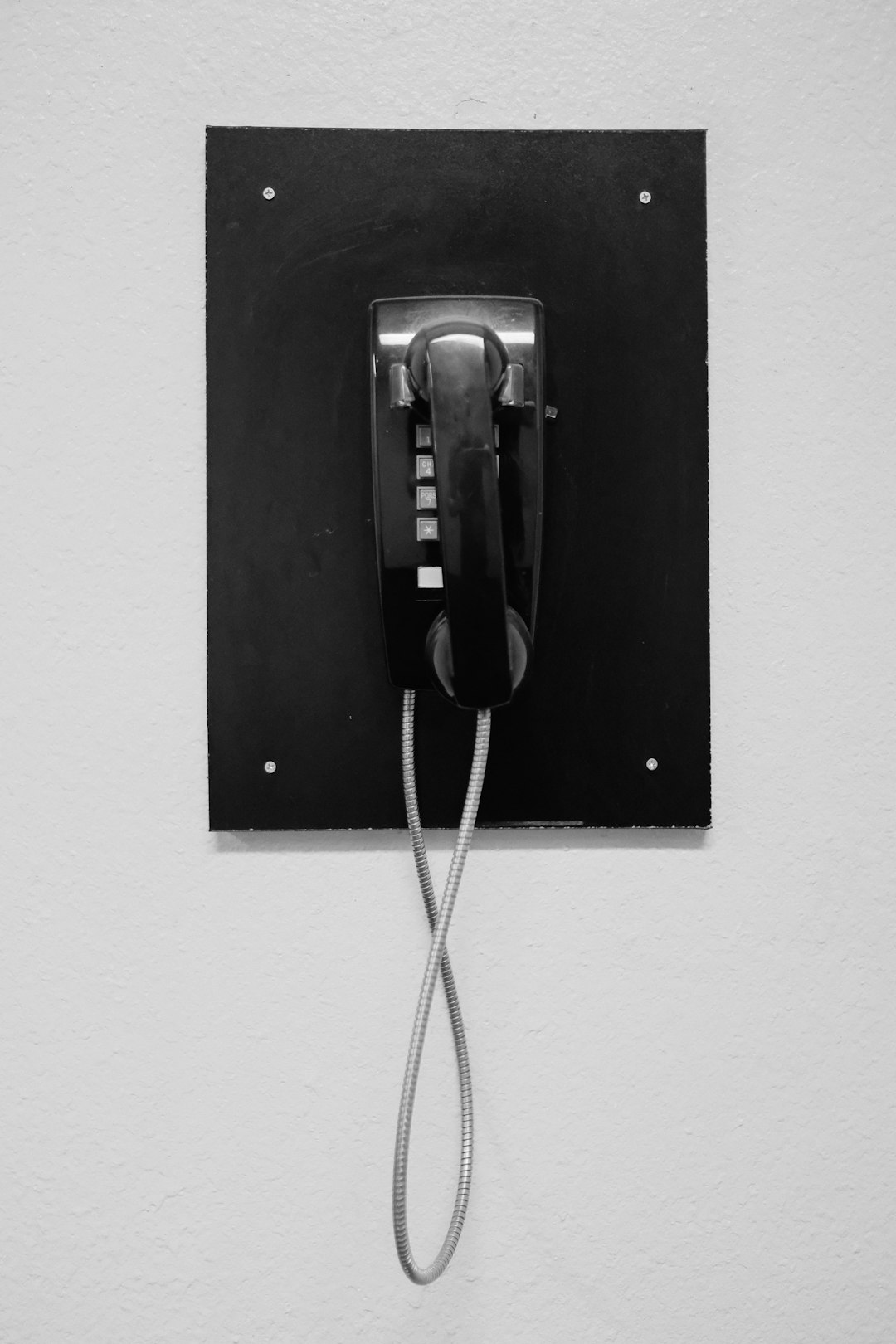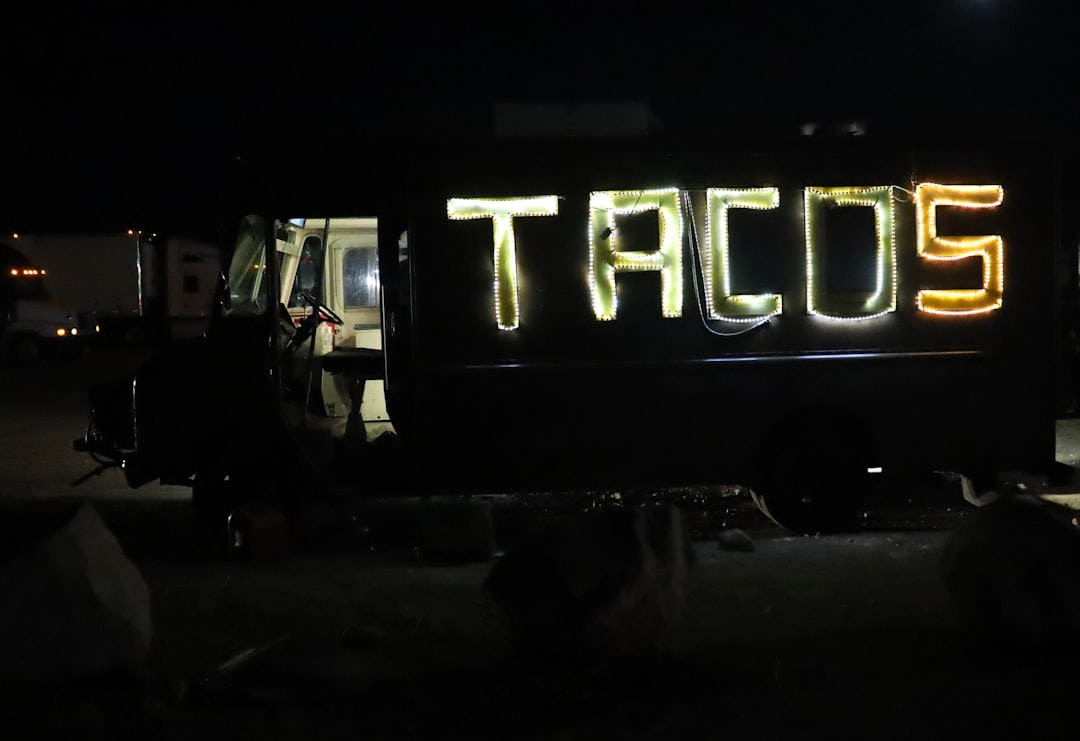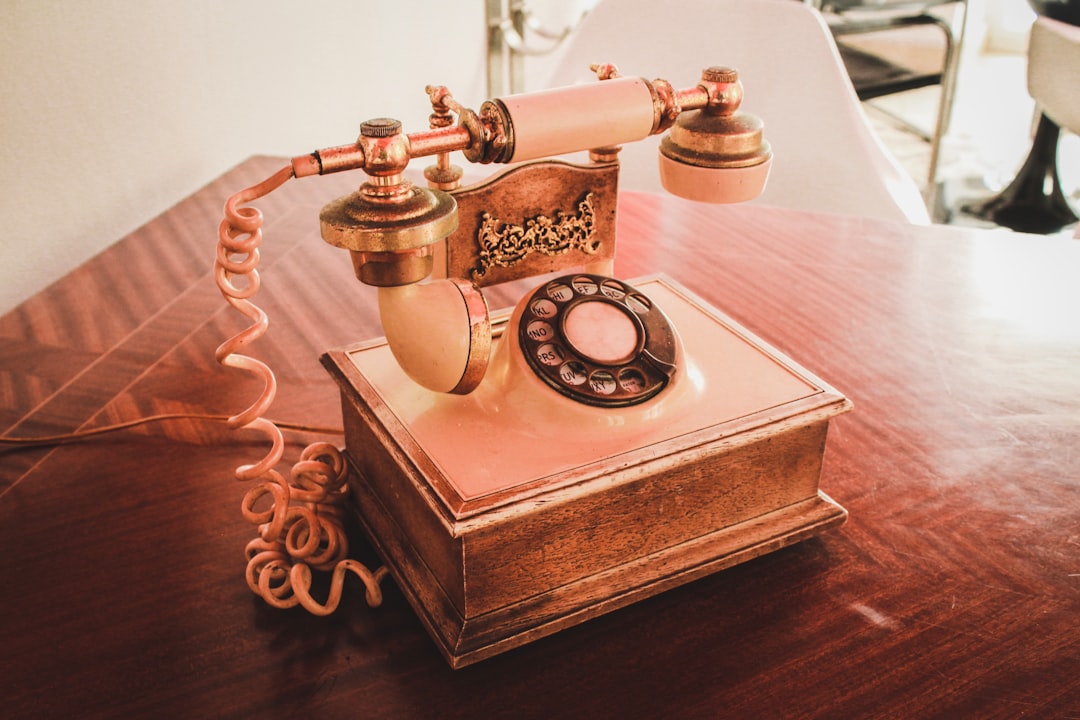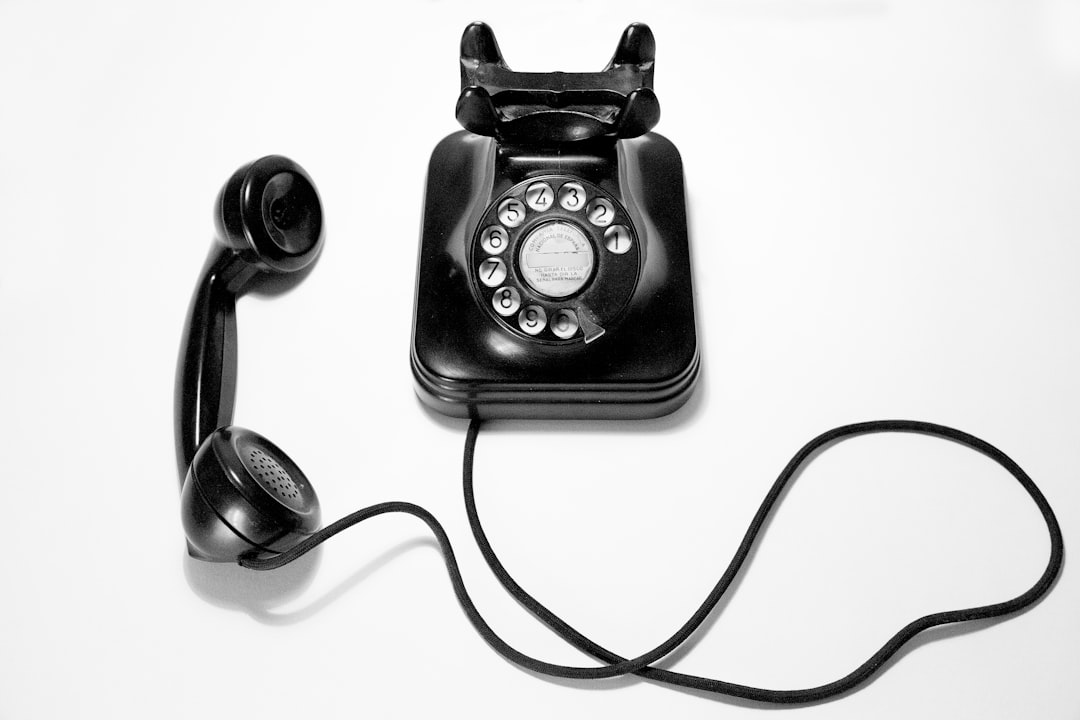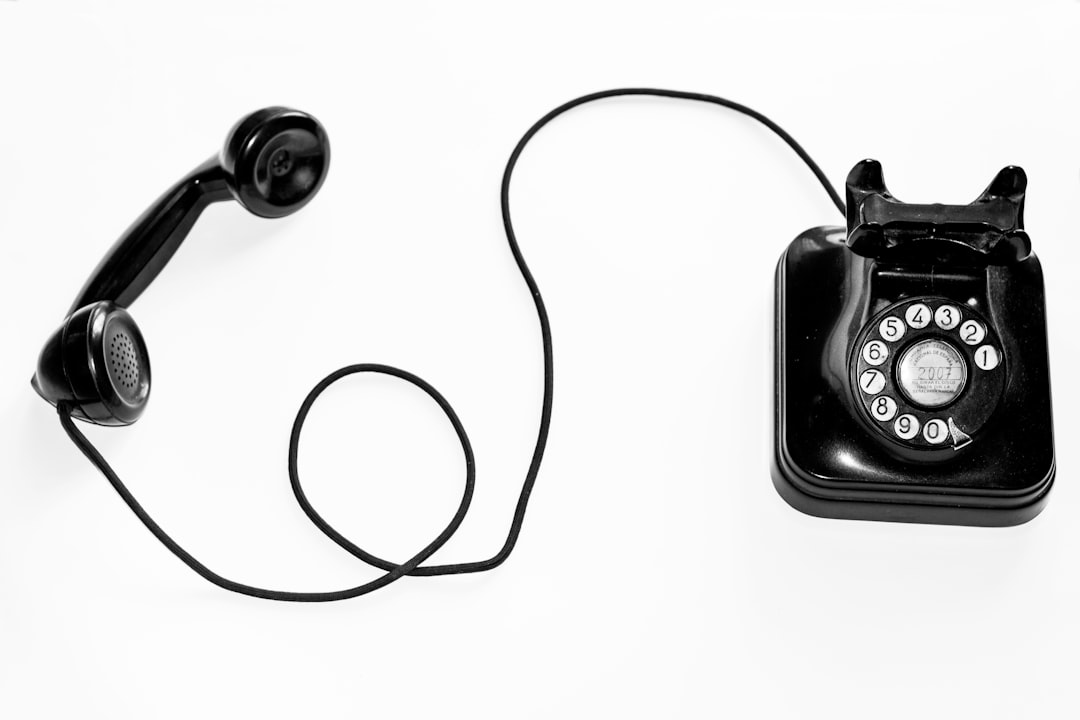Robocall fraud is a growing concern for Nevada's wine industry, with scammers impersonating wineries to mislead customers and disrupt businesses. Robocall attorneys in Nevada play a crucial role in protecting intellectual property and brand identities from these malicious campaigns. The Sanders Family Winery has faced targeted robocalls from impersonating attorneys, prompting them to strengthen security measures and raise client awareness. Legal actions have been taken against aggressive marketing law firms, with the state's attorney general's office proactively combating fraudulent practices. Protecting businesses involves implementing robust communication protocols, training staff, blocking scammer numbers, and regularly updating data security measures. Nevada is leading the way in combating robocall fraud with proactive legislation, enhanced caller identification, opt-out options, and stricter penalties for deceptive practices.
Pahrump’s Sanders Family Winery, a thriving business in the heart of Nevada’s wine country, recently found itself at the center of a frustrating and illegal practice: robocalls impersonating their wine club. This deceptive tactic has become a growing concern for many small businesses, especially in the hospitality industry. In this article, we explore the impact of such fraud, delve into the specific case of the Sanders Family Winery, and uncover legal strategies to combat these nefarious robocall attorneys in Nevada, offering valuable insights for business owners facing similar challenges.
Understanding Robocall Fraud and Its Impact on Wine Businesses
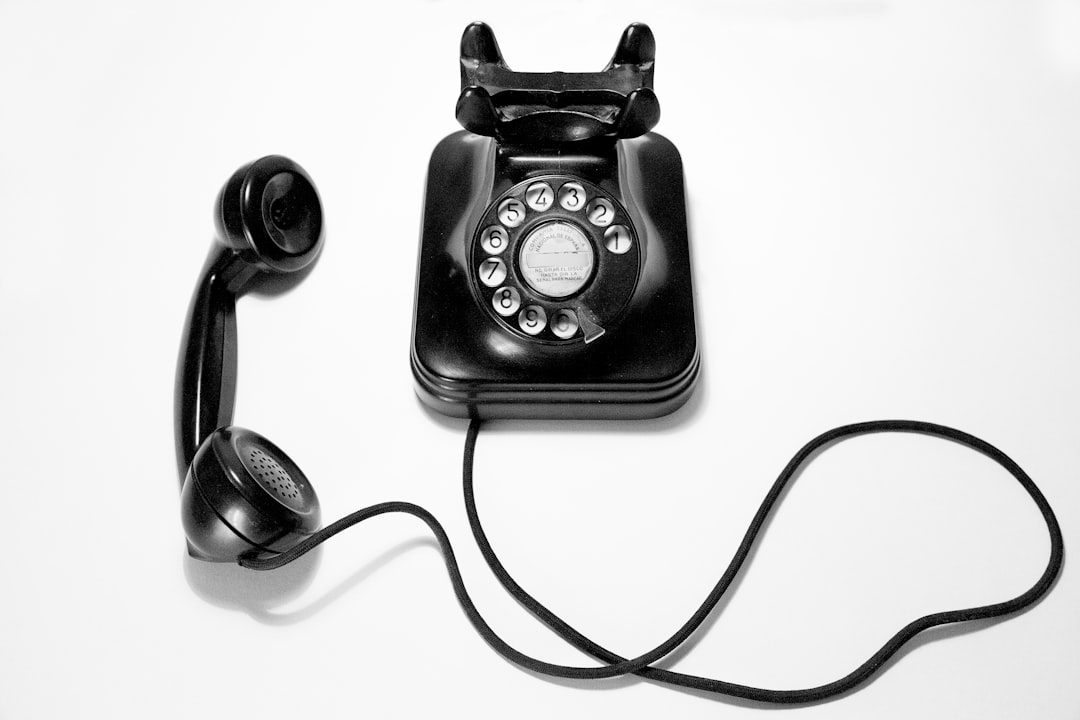
Robocall fraud is a growing concern for businesses worldwide, and wine producers are not immune to this issue. In recent years, many wineries, including those in Nevada like Sanders Family Winery in Pahrump, have faced an unprecedented surge in automated phone calls, often impersonating their brands or misleading potential customers. These robocalls can cause significant harm to a business’s reputation and financial stability. Not only do they disrupt customer service by overwhelming the lines with non-stop calls, but they also create a false impression of the company, potentially leading to loss of sales and damage to long-standing customer relationships.
With the advancement in technology, scammers employ sophisticated techniques to make these robocalls appear more convincing. They use automated dialing systems and pre-recorded messages that can mimic real human interactions. In the context of Nevada, where the wine industry is thriving, robocall attorneys play a crucial role in helping businesses combat such fraudulent activities. By employing legal measures and staying updated with evolving technologies, these experts assist wineries in protecting their intellectual property, brand identity, and customer data from malicious robocall campaigns.
The Sanders Family Winery Story: A Victim of Impersonation Scams
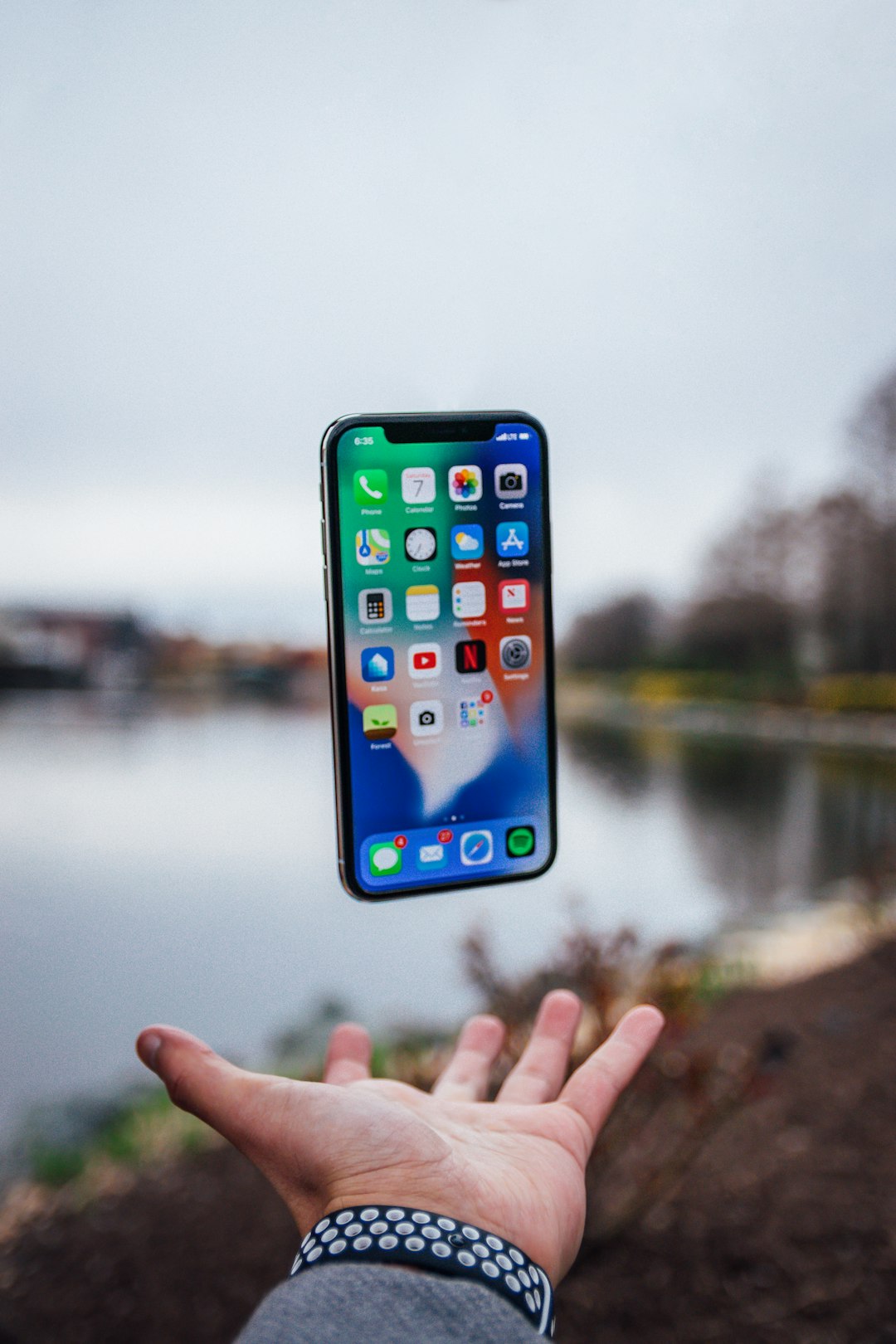
The Sanders Family Winery, nestled in the heart of Nevada’s vibrant wine country, has long been a testament to the state’s thriving viticulture scene. Known for their high-quality, locally-sourced wines, the family-run business has cultivated a loyal following among folks who appreciate craftsmanship and authenticity. However, in recent months, they’ve found themselves navigating a labyrinthine enigma: robocalls impersonating their wine club.
These automated calls, often from robocall attorneys, have been targeting potential customers, flooding their phones with misleading messages that promise exclusive deals or threaten legal action. The motive is clear: gain access to personal information and perhaps even hijack the winery’s wine club subscriptions. It’s a frustrating and costly challenge for the Sanders Family Winery, requiring them to implement stringent security measures and educate their clientele about these deceptive practices.
Legal Actions Against Robocall Attorneys in Nevada

In response to the surge of wine club impersonation robocalls targeting customers, legal actions have been taken against certain law firms in Nevada, particularly those known for employing aggressive marketing tactics. These robocall attorneys in Nevada have faced lawsuits and regulatory scrutiny for their involvement in these deceptive practices. The state’s attorney general’s office has been proactive in combating such scams, often working alongside consumer protection agencies to investigate and penalize offenders.
The legal actions against robocall attorneys in Nevada send a strong message that such manipulative marketing strategies will not be tolerated. These efforts aim to protect consumers from false representations and ensure fair business practices within the state’s wine industry, including wineries like Sanders Family Winery in Pahrump, who have been victims of these impersonation calls.
Protecting Your Business: Strategies to Combat Similar Attacks

Protecting your business from such fraudulent activities is paramount, especially in today’s digital age where new tactics like robocalls emerge daily. While Sanders Family Winery’s experience highlights a specific challenge, similar strategies can be employed by other Nevada-based businesses to safeguard against robocall attorneys and other impersonation scams. One effective approach is to implement robust communication protocols. This includes training staff on identifying suspicious calls and establishing procedures for safely handling them, such as hanging up immediately without providing any information.
Additionally, utilizing technology designed to block or filter known scammer numbers can significantly reduce the risk of your business becoming a target. Regularly reviewing and updating customer data security measures is crucial, ensuring that sensitive information is protected and accessible only to authorized personnel. By adopting these precautions, businesses in Nevada can better defend themselves against deceptive robocall campaigns.
The Future of Robocall Regulations and Consumer Safety
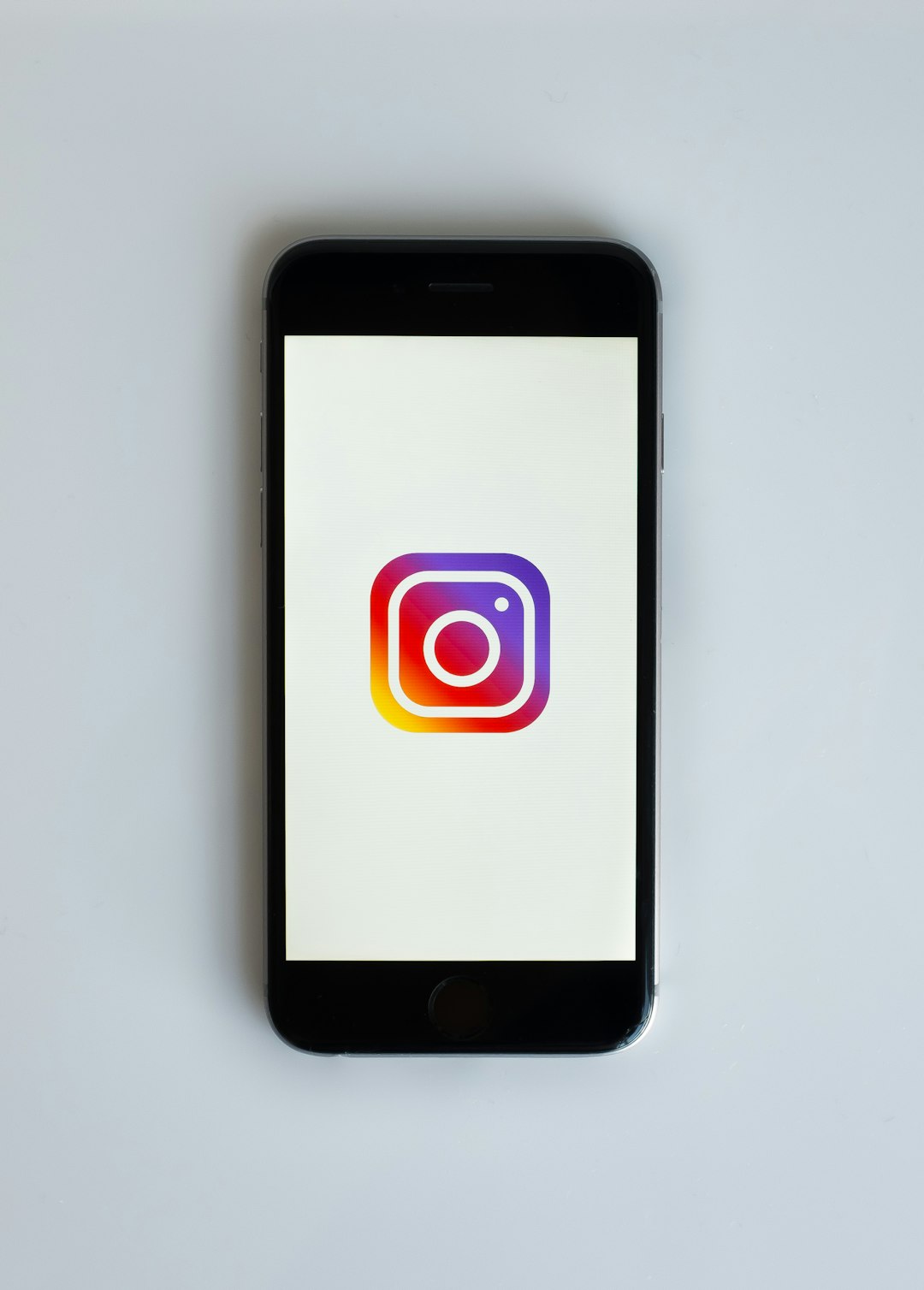
As technology continues to evolve, so do the tactics used by scammers and fraudsters. With the rise of automated phone systems, robocalls have become a significant concern for consumers worldwide. These pre-recorded or artificial voice messages can be used for various purposes, including marketing, debt collection, or even identity theft. In response to this growing issue, many states are implementing regulations to protect citizens from unwanted and deceptive robocalls. Nevada, in particular, has been active in passing legislation to combat robocall fraud, with a focus on empowering consumers and holding businesses accountable.
The future of robocall regulations looks promising as legal experts, including robocall attorneys in Nevada, work towards creating more robust consumer safety measures. This includes developing stricter guidelines for caller identification, implementing opt-out mechanisms for marketing calls, and enhancing penalties for companies engaging in fraudulent robocalling practices. By staying at the forefront of these regulatory changes, consumers can rest assured that their rights are protected, and the wine industry, among others, will be better equipped to combat impersonation robocalls and ensure a safer experience for all participants.
